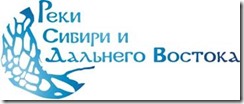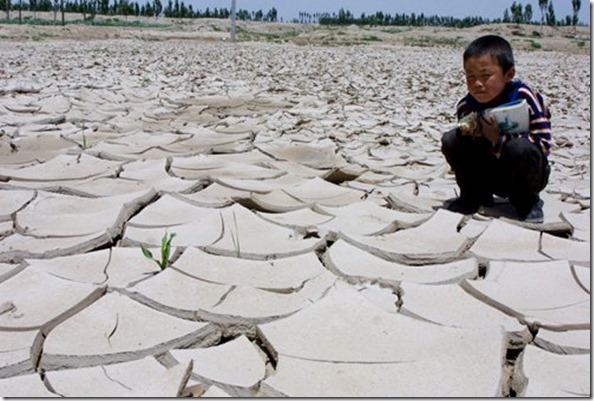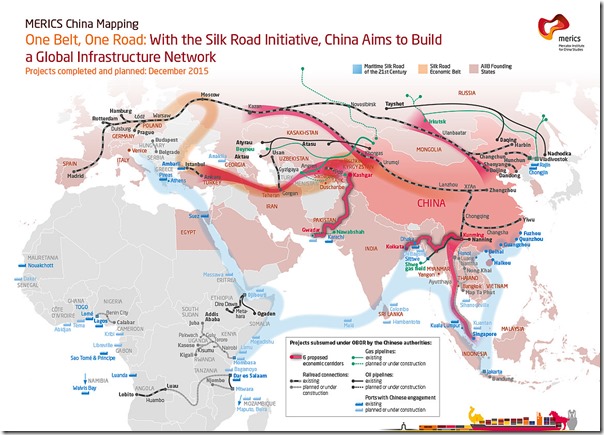Welcome to the X International Conference “Rivers of Siberia and the Far East”
The X International Conference “Rivers of Siberia and the Far East” Novosibirsk, Russia 12-13 October 2018 Announcement № 1 Dear Friends! The 10th International Conference “Rivers of Siberia and the Far East” will take place 12-13 October 2018 in Novosibirsk, Russia. The conference will be dedicated to issues of sustainable …







